|
|
|
|
|
|
|
|
|
|
|
|
|
|
|
|
|
|
When it comes to American pastimes, many people focus on the big 3 sports: Football, Basketball, and Baseball. Nevertheless, there are a lot of different ways people spend their time. It is interesting to see what they watch – and what they actually play.
Nevertheless, there are a lot of different ways people spend their time. It is interesting to see what they watch – and what they actually play.
There is also a big difference based on income distribution. Here is an infographic.
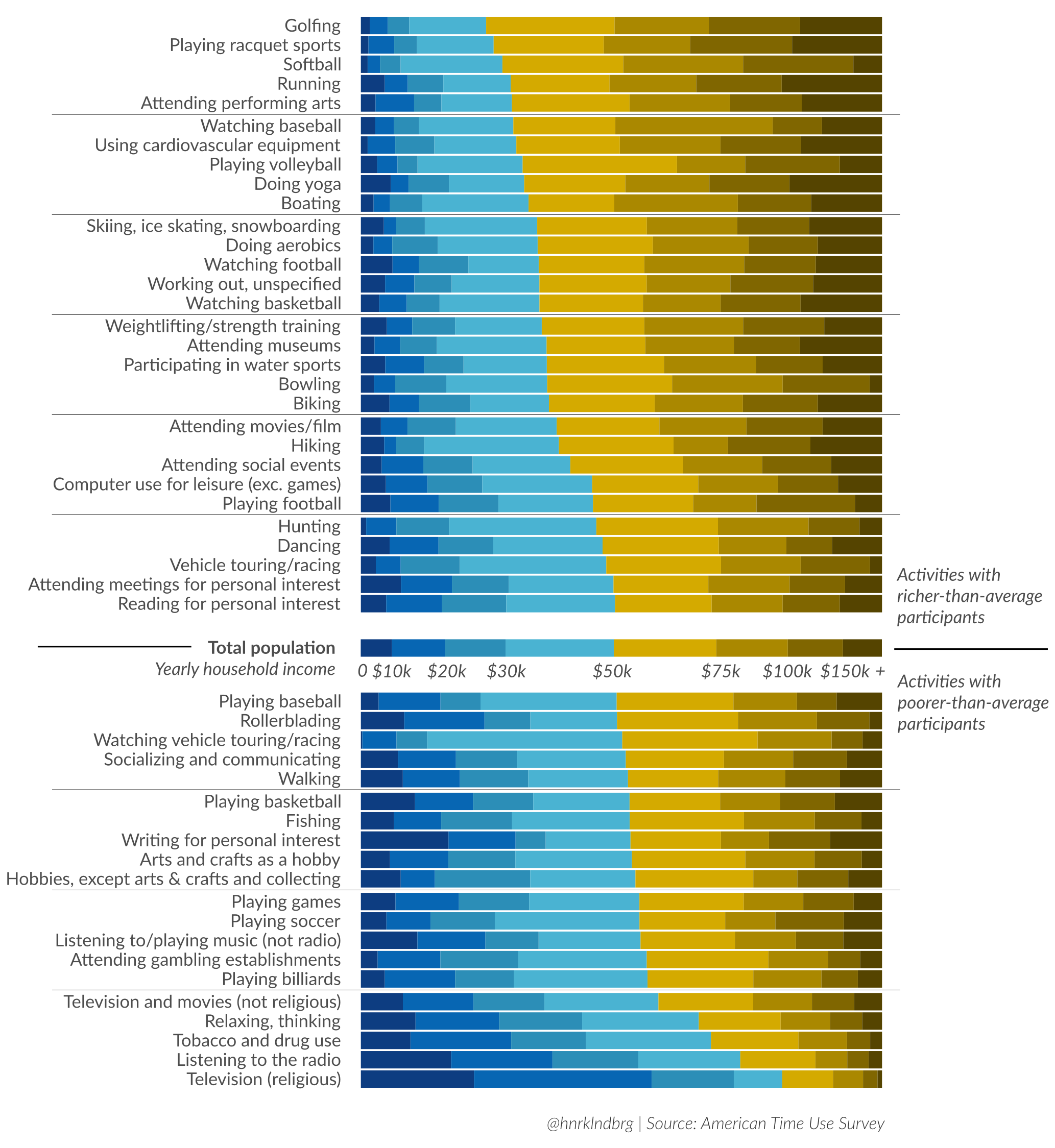
via VisualCapitalist
Apparently, rich people like golfing, yoga and racquet sports … while poorer people disproportionately liked relaxing, writing for personal interest, and having hobbies.
It is also kind of interesting to see when people tend to do certain activities. Here is a chart showing the peak time for various sports and activities.
via Henrik Lindberg
You could build a business around data like that.
Interesting?
Jeff Bezos is has acquired a lot of businesses since starting Amazon – Zappos, Audible, IMDB, and most recently Whole Foods (for $13.7 billion dollars).
On top of acquiring those businesses for Amazon – he also has diversified his own interests through Bezos Expeditions and as an angel investor.
Here is a chart to put things in perspective. Click on the image to see the whole infographic.
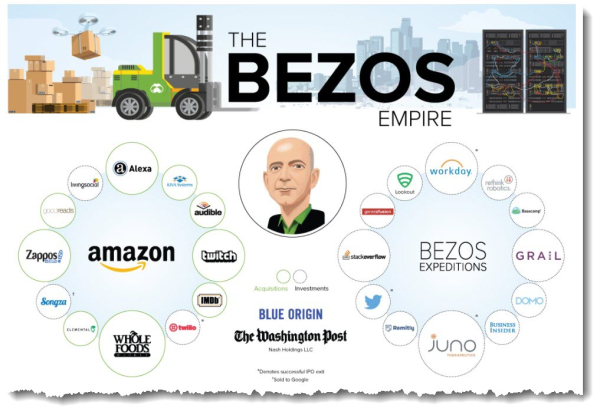 via VisualCapitalist
via VisualCapitalist
To grow the business, their customer base, and their competitive advantage … Amazon and Bezos re-invest heavily by aggressively acquiring companies and technologies – even though that strategy virtually eliminates Amazon's profit.
Despite minimal profits (literally less than a handful of profitable quarters since it started in 1994), Amazon has a market cap of roughly $470 billion in market capitalization. They've shown that there's a new algorithm for success – it's about vision and market domination. It is a long game with big stakes … and it looks like he's winning.
They've shown that there's a new algorithm for success – it's about vision and market domination. It is a long game with big stakes … and it looks like he's winning.
But You'd Still Call Them A Success
"Bezos recently told shareholders that the goal is to 'experiment patiently, accept failures, plant seeds, protect saplings, and double down when you see customer delight.'"
via Forbes
It's a similar idea to one that I've adopted – though on a different scale.
When people first look at Capitalogix they see a hedge fund – but that is just an application of our core capabilities. Internally, we know that we are an innovation engine that uses domain expertise in algorithmic trading, data science, and high-performance computing to generate something new.
Edges decay or disappear faster than ever before – that's what drives our pursuit of more ways to win.
When changing the way people play a game – you can't play by the same rules people used to.
I hate to admit it … but this is how I watched fireworks this year.

Here are some of the posts that caught my eye. Hope you find something interesting.
As always – it's artificial stupidity that scares me, not artificial intelligence.
InspiroBot attempts to design "Inspirational Posters" for you … but it doesn't always do a great job.

But it is pretty fun to play with.
Here are some of the posts that caught my eye. Hope you find something interesting.
My wife is from Indonesia, so we often go to visit her family.
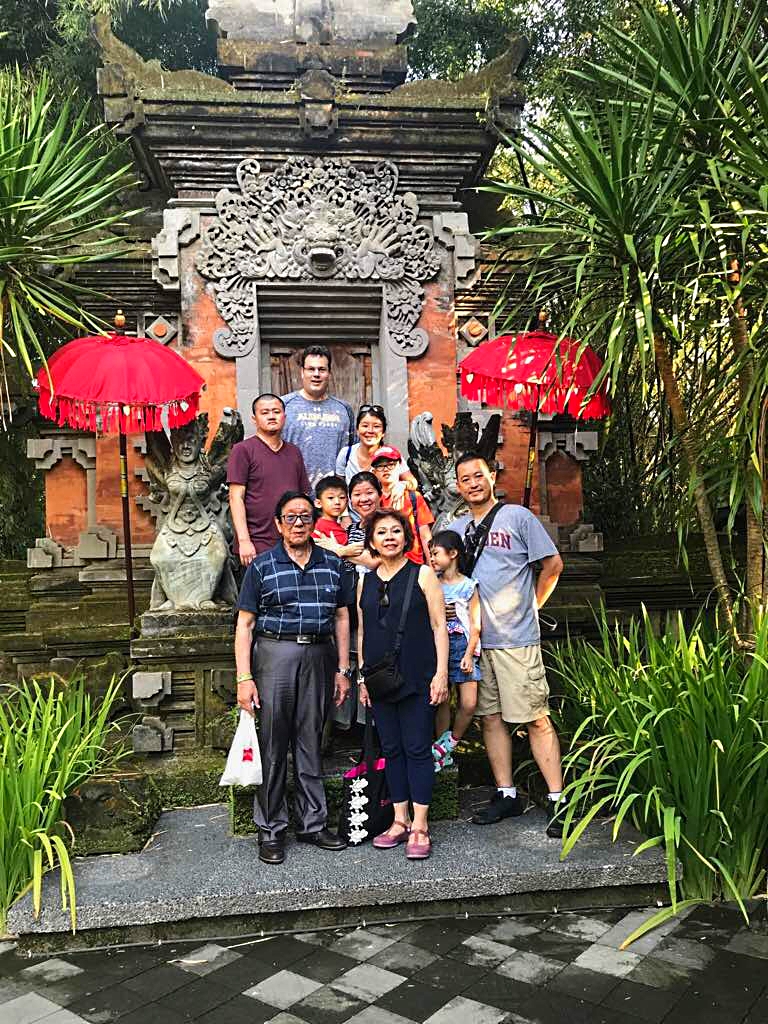
As a result, I often have new and exotic experiences …
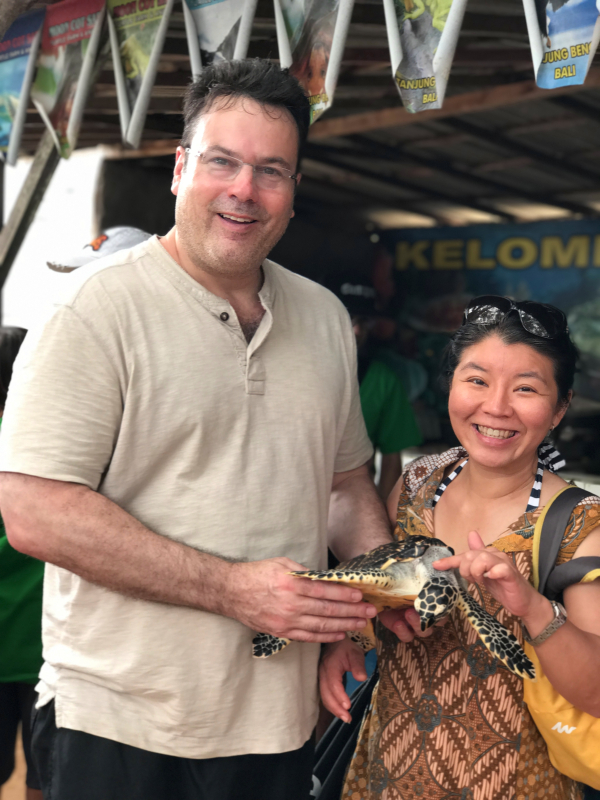
That picture was taken in Bali, where I first met my wife many years ago. Bali holds a lot of good memories for me, but Indonesia has more to offer than just Bali.
Indonesia is the largest Muslim country, but it also has famous Hindu and Buddhist temples as well – including the world's largest Buddhist temple – Borobudur in Java.
When you hear "Java" you think Coffee … and for good reason.
Indonesia is famous for coffee. For example, "Sumatra" is their biggest island – with “Java” coming in close behind.
They also make one of the most expensive coffees in the world … Kopi Luwak.
It's a "special" coffee … made using a very particular process.
In traditional coffee production, the cherries are harvested and the beans are extracted. The beans then get shipped to a roaster, ground into a pulp, and brewed by a barista at your local Starbucks.
In contrast, with Kopi Luwak, something different happens.
The coffee cherries are still harvested, but by wild animals.
Specifically, they’re harvested by the Asian Palm Civet, a small, cat-like animal that absolutely loves the taste of those cherries.
But, if the civets eat the cherries, how can they still be used to make coffee?
Well … that's the gross part.
The civets eat the coffee cherries, but their digestive tract can’t effectively process the beans, only the flesh surrounding them.
When the partially digested, partially fermented beans are eventually excreted, coffee producers harvest them. The beans are then cleaned, roasted, and used to make astonishingly expensive (“with retail prices reaching up to $700 per kilogram”) coffee.
Now is the coffee that mind-blowing to warrant a price north of $300 a pound?
No, not really. In fact, many critics will openly call it bad coffee, or as Tim Carman, food writer for the Washington Post put it, "It tasted just like…Folgers. Stale. Lifeless. Petrified dinosaur droppings steeped in bathtub water. I couldn't finish it."
To be fair, the Luwak coffee industry is an experience. When I toured a plantation near Ubud, Bali, a smiling tour guide greeted and led me on an in-depth exploration of the forested property, where I was allowed to immerse myself in the various spices, roots, beans, and civets used to produce this one-of-a-kind coffee. Here is a video I shot of the process.
via YouTube.
If you think about it, I paid a premium to drink exotic cat poop coffee, but I certainly wouldn't drink coffee made from people poop (or even domestic cat poop).
So, why would I buy the coffee then?
It’s the story that allows this not so awesome coffee to fetch awesome prices. People are paying for the experience, not the commodity itself.
The same is true when you buy Starbucks. The coffee at 7-Eleven is cheaper – and Consumer Reports tell us that McDonalds coffee is better.
Nonetheless, I'd still rather drink at Starbucks.
We live in an Experience Economy.
Can you think of anything else where you're buying the story/experience without actually getting a superior product?
I've been in Indonesia during the past week. I'm surprised by how little is known about it, despite its size and population.
Here are a few strange facts. Indonesia is the world's largest island country, with more than seventeen thousand islands. It has an estimated population of over 260 million people and is the world's fourth most populous country, as well as the most populous Muslim-majority country.
While the official language is Indonesian (also known as Bahasa Indonesia), a variant of Malay, most Indonesians speak other languages, such as Javanese, as their first language. More than 700 regional languages are spoken in Indonesia's numerous islands.
That got me thinking about language.
There are over 7000 known languages still spoken in the world today.
23 of those languages create the native tongues of over 4 Billion people.
This chart below is a pretty helpful illustration of prevalence and location.
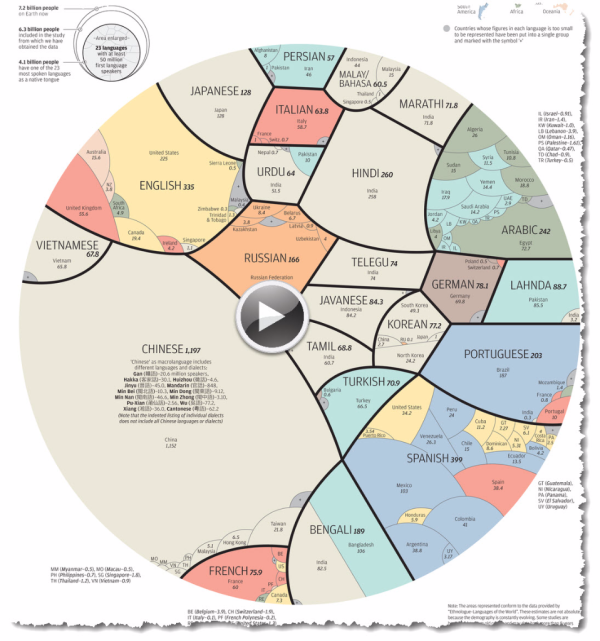
Alberto Lucas López via InformationIsBeautiful
While American's tend to think English is the most prevalent language, we actually come in third behind Chinese and Spanish.
While based on population density, and reproduction, it seems like Chinese (Mandarin) will only widen its lead, it's worth noting that its influence wanes greatly outside of Asia.
How long will that last?
When I was younger, English was the language of business, but it may be time for you to brush up on your Chinese.
For more, here is a link to the Washington Post's article: The world’s languages, in 7 maps and charts.
向前! (Onwards!)